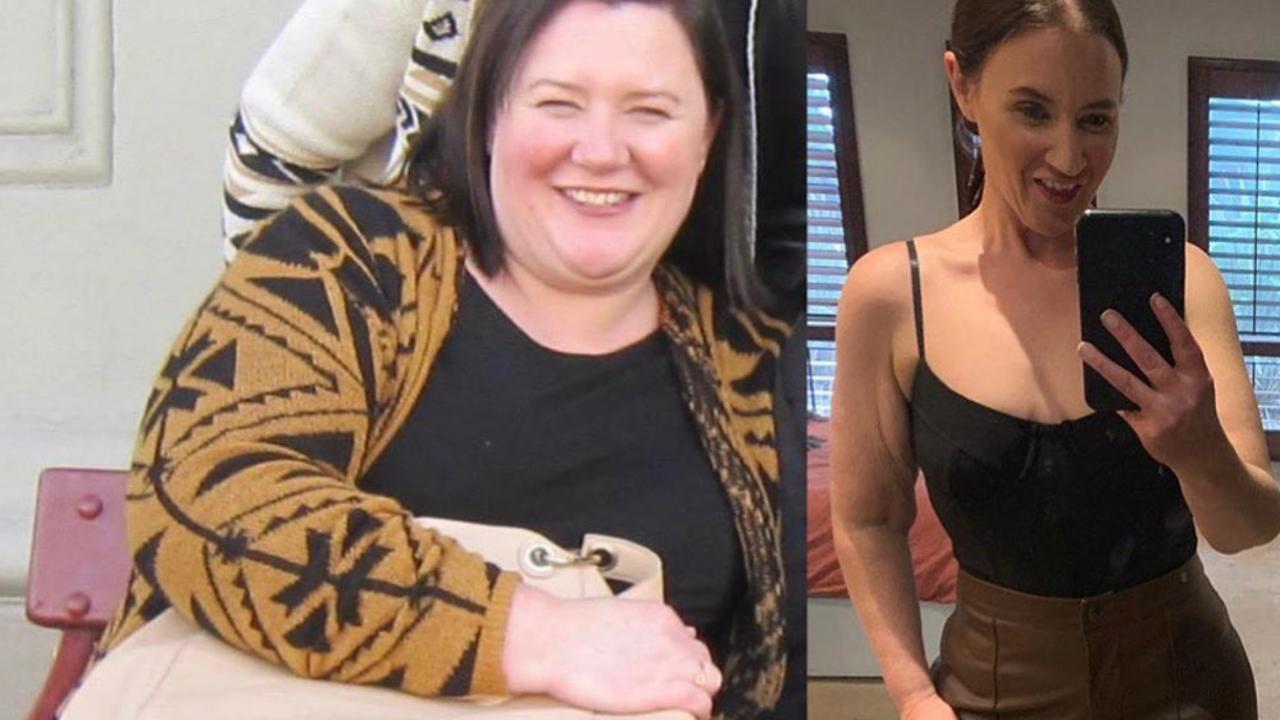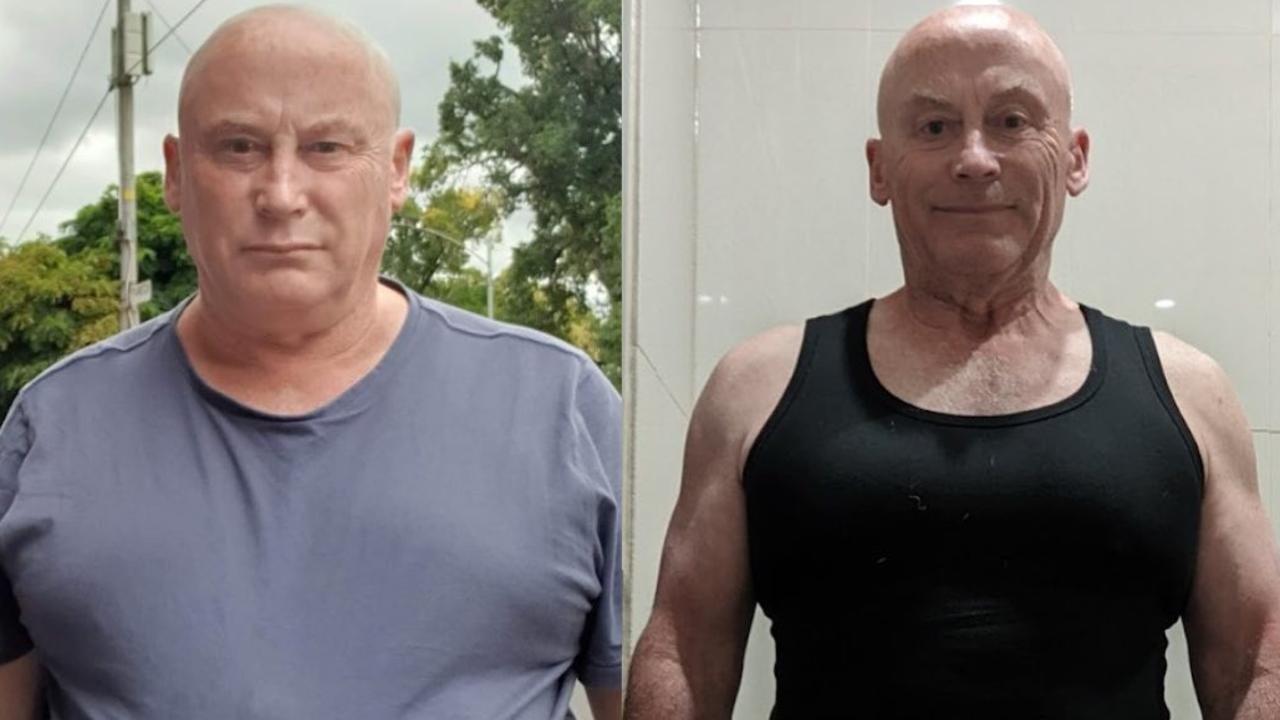The truth about how well and long radical weight loss surgery works for many people
A top Australian obesity surgeon has revealed the percentage of people who will likely need a second or even third weight loss operation.
Potentially life-changing weight loss surgery is being denied to the Australians who need it most, with just four per cent of operations taking place in public hospitals.
Bariatric (or weight loss) surgeries in Australia have skyrocketed by more than 12,000 in just five years, with radical gastric bypasses more than tripling.
But nearly all surgeries have been performed in private hospitals, with many of those who cannot afford expensive, high-level health insurance borrowing money, accessing superannuation early or signing up to clinic payment plans to cover the hefty price.
Some obesity surgeries cost up to $22,000 and gap fees of up to $6500 can apply even for those with top health cover.
And soon-to-be-released data tracking Australian obesity surgeries over 10 years shows there is “an emerging trend . . . for the need for reoperation”, with an up to 30 per cent chance of significant weight regain over time and the requirement for additional surgery.

Chair of Monash University’s Department of Surgery and director of the Bi-national Bariatric Surgery Register and Centre for Obesity Research and Education, Professor Wendy Brown, said obesity was a disease that disproportionately affected poorer members of the community, “and yet it’s a section of surgery that’s very poorly represented in our public hospitals”.
Thirty per cent of Australians are now seriously overweight, as the nation faces an obesity epidemic.
“I think the best we ever got to nationally was about six per cent of bariatric procedures occurring in the public hospital system. Post Covid that’s probably dropped to about four per cent,” Prof Brown said, adding Victoria had a slightly higher percentage of publicly-funded obesity surgeries than other states.
“The Department of Health is going through a process now of trying to decide how they would best deliver bariatric surgery - should it be at major hospitals or should it be in regional hospitals? And I guess they’re worried about there being just such a big demand and how they (public hospitals) would keep up with that demand in a resource limited environment.”
Meanwhile, business at private Melbourne weight loss surgery clinics including Complete Weight Loss Solutions, Epworth Centre for Bariatric Surgery, Melbourne Bariatrics and North Eastern Weight Loss Surgery appears to be booming, with the latter claiming on its website to have performed more than 2500 procedures.
Obesity surgery success stories are also promoted on the social media channels of some private clinics, showing dramatic before and after photos.
A Herald Sun analysis of Australian Institute of Health and Welfare surgery data reveals the national appetite for obesity surgery has surged from 29,710 in the 2015/16 year to 41,744 in the 2020/21 year.
Laparoscopic gastric bypass surgeries – which uses stapling to create a smaller, upper stomach pouch restricting the amount of food able to be consumed and bypasses a portion of the bowel – more than tripled from 2,266 in 2015/16 to 7,840 in 2020/21.
Laparoscopic gastric sleeve surgeries – which restricts the amount of food patients can eat by removing 75 per cent of their stomach – also rose over the same period, from 17,296 to 24,233.
Gastric balloon and lap-band surgeries are also available, with many patients having a number of progressively more radical weight loss surgeries over a period of years if and when they don’t lose the desired amount of weight they hoped, or put weight back on.
Prof Brown said registry data showed “very good weight loss” overall as a result of bariatric surgery but also “an emerging trend . . . for the need for reoperation”.
“I tell all my patients, there’s a 15 to 30 per cent chance that down the track they’re going to need another operation because maybe each operation has a lifetime that it works for, and then the body adapts to the condition that we’ve created,” she said.
“Weight regain after 10 to 15 years seems to be an emerging trend that we’re sort of only now starting to watch and understand a bit more.”
While research showed obesity surgery could help with diabetes, bad knees and much more, it was “not a panacea” and people could regain weight for a number of reasons including something going wrong with an operation, “sabotage” by their partner or friends, their state of mind and struggle to eat the right foods, exercise and change their lifestyle, Prof Brown said.

“Partner sabotage is very common because often in a relationship, someone’s kind of characterised as the heavy person, and that heavy person has a certain role and when they lose weight and become a bit more confident, their partner can feel vulnerable. So then they start bringing home chips and chocolates and lollies - that can be about control as well,” Prof Brown said.
Even so, more obesity surgery needed to be performed in the public system, with allied health supports in place to assist patients in achieving their weight loss and health goals, she said.
Without surgery, just three per cent of Australians managed to keep weight off long term that they had lost through dieting, Prof Brown said.
“And they’re the people who are basically obsessive compulsive about it and weigh themselves every day, calorie count every day, exercise vigorously every day . . . not many of us have the energy or the time to do that,” she said.
“It points to the powerful physiology that sits behind obesity and that all of us have a weight range that we sort of sit in, and to shift that weight range is incredibly difficult.”




